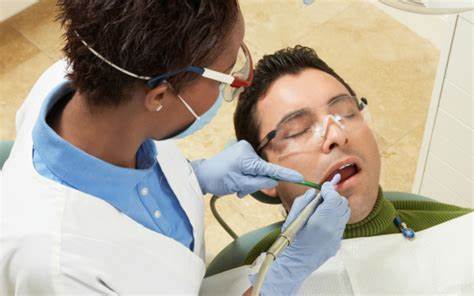For many individuals, the companionship of a feline friend comes with the unfortunate trade-off of cat allergies. The sneezing, itching, and watery eyes can put a damper on the joys of having a cat as a pet. However, with advancements in medical science, there are now various cat allergy medicine available to alleviate these symptoms and allow cat lovers to coexist harmoniously with their furry companions.
Understanding Cat Allergies
Cat allergies are primarily triggered by proteins found in a cat’s skin cells, urine, and saliva. These proteins, known as allergens, can become airborne and easily spread through a living space. When inhaled, they can cause allergic reactions in sensitive individuals, ranging from mild discomfort to more severe symptoms.
Types of Cat Allergy Medicines
- Antihistamines: These over-the-counter or prescription medications block the action of histamines, which are chemicals released by the body during an allergic reaction. Common antihistamines include cetirizine, loratadine, and fexofenadine. They can help alleviate sneezing, runny nose, and itching.
- Decongestants: Decongestant medications, available in oral or nasal spray forms, help relieve nasal congestion and sinus pressure. However, they should be used with caution and under medical guidance due to potential side effects.
- Corticosteroids: Prescription corticosteroid nasal sprays can effectively reduce inflammation and relieve symptoms like congestion and sneezing. They are often recommended for more severe allergies.
- Leukotriene Modifiers: These prescription medications target specific chemicals in the body that contribute to allergic reactions. They can be beneficial for individuals with both cat allergies and asthma.
- Allergy Shots (Immunotherapy): For individuals with severe allergies, allergen immunotherapy might be recommended. This involves receiving regular injections of gradually increasing amounts of the allergen to build up tolerance over time.
- Nasal Irrigation: Saline nasal sprays or irrigation systems can help wash away allergens from the nasal passages, reducing congestion and improving breathing.
- Eye Drops: Over-the-counter or prescription antihistamine eye drops can provide relief from itchy, watery eyes.
Consulting a Medical Professional
Before starting any cat allergy medication, it’s crucial to consult a medical professional. An allergist can perform tests to determine the specific allergens causing your symptoms and recommend the most appropriate treatment plan. They can also help manage any potential side effects and interactions with other medications.
Additional Tips for Managing Cat Allergies
In addition to medication, there are several steps you can take to minimize cat allergy symptoms:
- Designate cat-free zones in your home, especially the bedroom.
- Regularly bathe and groom your cat to reduce the amount of allergens in their fur.
- Use high-efficiency particulate air (HEPA) filters in your home’s ventilation and invest in a HEPA vacuum cleaner.
- Wash your hands and change your clothes after handling your cat.
- Consider hypoallergenic cat breeds, although individual reactions can still vary.
In cat allergy medicine offer relief to those who wish to enjoy the company of their feline companions without constant discomfort. However, it’s important to work closely with a medical professional to determine the most suitable treatment plan for your specific allergies and health considerations.












